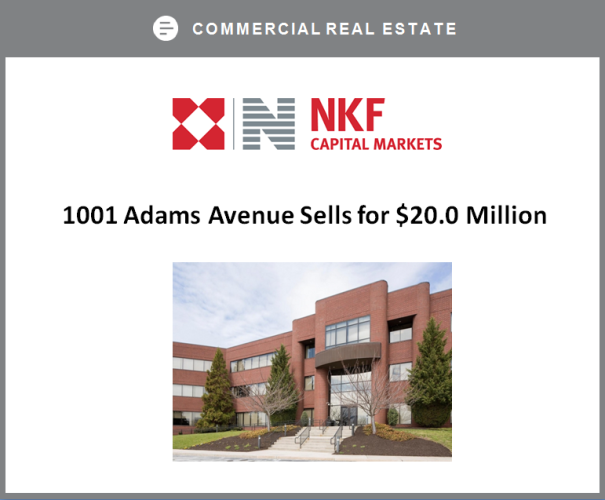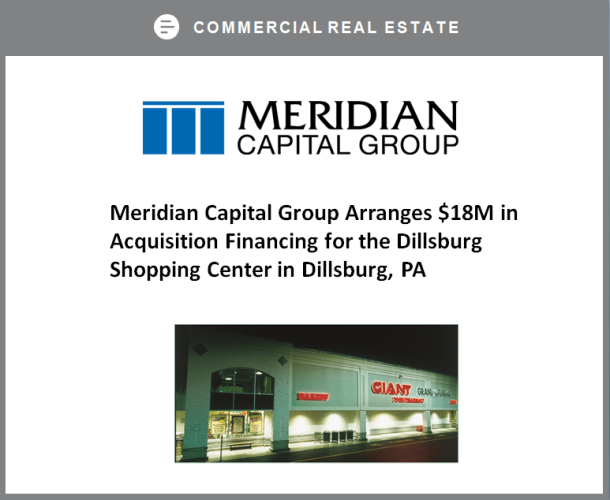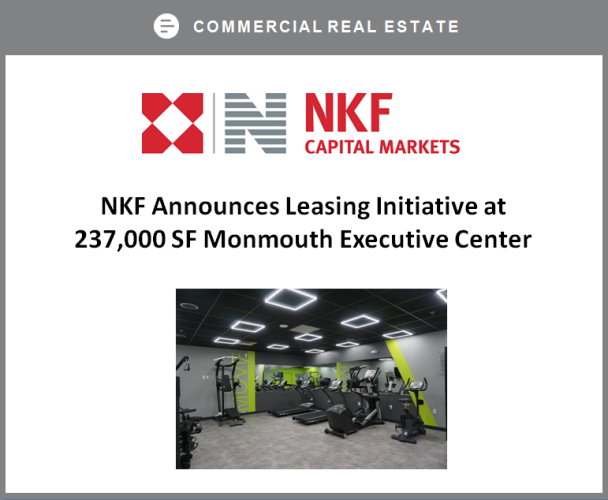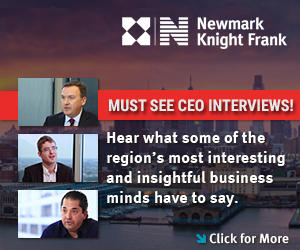
Newt Fowler
What is placemaking? Broadly, it is a holistic approach to planning, design and use of spaces to foster community and creativity – from a city-wide reimagining, to inspiring growth within a single company. In the context of startups, placemaking capitalizes on a local community's industry clusters, research labs, and talent, all with the intention of nurturing the next generation of emerging technologies. Incubators, accelerators, and coworking spaces all potentially fall within placemaking. These startup spaces can be supported by government, academic institutions, for-profit landlords, or materialize organically.
Placemaking within the startup community has become big business. The largest incubator for startups in North America isn’t in Boston or Silicon Valley or,in fact,anywhere in the U.S. It’s the government backed MaRs in Toronto, with over 1.5 Million square feet. According to a recent Forbes article, the over 1,000 companies calling MaRs home have raised nearly $1 Billion in venture funding, employ over 6,000, and have revenues approaching $500 Million.
The largest coworking operation,leasing cool, flexible workspace to Millennials and hipsters isn’t, however, publicly funded; it’s the for-profit WeWork, now second largest landlord of office space, with a market cap exceeding $20 Billion. Placemaking has become big business and its tenants are no longer a marginal driver of economies. Placemaking has become a central driver of economic growth in many technology driven regions. With the ascendancy of MaRs and WeWork, big seems to be winning. So where does this leave cities like Baltimore which do not have such singular placemaking drivers?
Well there is another placemaking movement, one less talked about, which may be more important to regions like Greater Baltimore. It’s more diffuse, more home-grown, more organic, more focused on being relevant to a specific industry, talent, location, than the pervasively “all things to all people who can pay the rent” feel of WeWork. But it’s also one that’s hard to understand.
A recent Baltimore Business Journal listing of top regional placemaking sites highlights this other phenomenon. Lists have a way of becoming a math exercise; this one ranks facilities based on membership. What is less obvious from this list – but more important to us as a region – is to appreciate the amazingly different communities and models present among the ranked. Some are focused on tech transfer from our leading regional research institutions; others are focused on specific industry sectors like cyber and ed-tech; some are more akin to maker-spaces for textiles and metalworking. Some on women and minority entrepreneurs. While many expect a daily presence in their facilities; others are designed to allow flexible interaction with the community. Some are more program based, focused on developing business skills for their members; others totally engaged in supporting technology research. And many are not “tech” at all. Some have sprouted in our mostunderserved urban communities; others are in office parks and as suburban as you can get.
While much of the placemaking light falls on operations like MaRs and WeWork, how are we to understand the placemaking that’s taking shape in places like Greater Baltimore? Arguably, if you buy into the premise, as I do, that regions should play to their strengths and their identities in the broadest sense possible, then what’s happening with placemaking in our region is becoming one of our greatest assets. It’s organic, home-grown, reflective of our strengths and communities; its increasingly inclusive, it’s focused on both tech and trades. In short, it’s far from homogenized. And it’s real, genuinely reflecting the strengths and potential of our region. As we lick our wounds about losing Amazon’s HQ2 and begin to realize that we’re a bit too far to be a bedroom community for its Arlington workforce, offering our entrepreneurs a varied, vibrant startup environment through the placemaking that’s happening here, may very well mark a better, more inclusive future for us, one where cool stuff made here can be bought from our neighbors without resorting to Prime.
With more than 30 years’ experience in law and business, Newt Fowler, a partner in Womble Bond Dickinson’s business practice, advises many investors, entrepreneurs and technology companies, guiding them through all aspects of business planning, financing transactions, technology commercialization and M&A. He’s the pastboard chair ofTEDCO and serves on the Board of the Economic Alliance of Greater Baltimore. Newt can be reached at newt.fowler@wbd-us.com.






